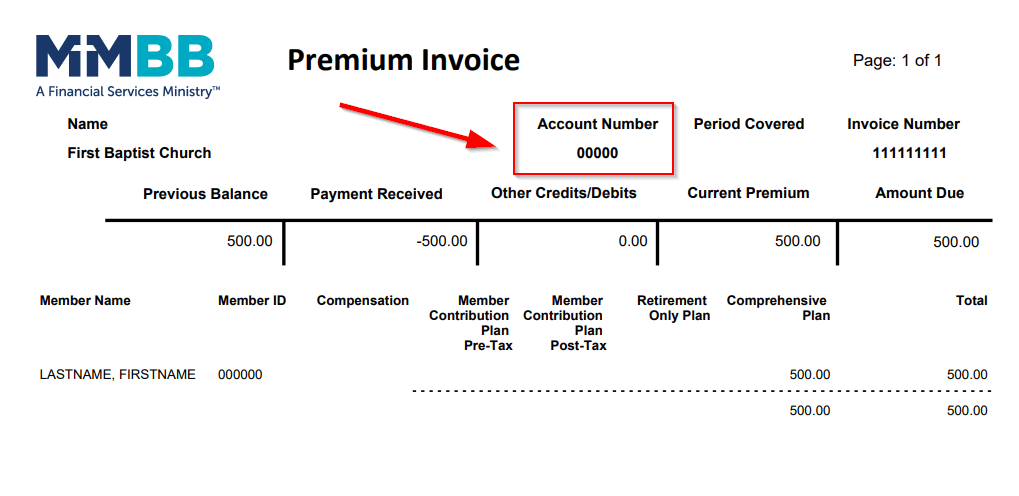Rev. Dr. Debora Jackson
When I was called to serve as Senior Pastor of the First Baptist Church in Needham, MA, the Rev. John “Jack” Fassett, retired missionary, pastor, and member of the church asked me the question that was asked of him when he was ordained in 1940. “Couldn’t you do anything else?” Knowing the rigors of ministry, his ordination council challenged the depth of his conviction to ensure that he was truly prepared. The question still has merit.
Ministry is one of the most demanding vocations as measured by work complexity. The breadth of tasks performed by pastors coupled with the prevalent rapid switching between tasks and roles in the position is unique1. These demands make ministry stressful, and even more so considering the modest salaries commanded. However, discrimination and income inequality increase the challenges for clergywomen.
First, we know that ascension to the pastorate remains elusive for clergywomen. In 2017, the combined average percentage of female pastors in mainline churches was twenty-seven percent2. While significant, the number is misleading. Fifty-seven percent of Unitarian Universalist pastors and thirty-eight percent of United Church of Christ pastors are women. But only 4.9 percent of Assembly of God pastors and 9.4 percent of American Baptist pastors are women3. Although some faith traditions are moving toward gender parity, others have a long way to go.
Secondly, where women are ascending to the pastoral office, opportunities for placement and compensation are not equitable. The job search is far more protracted for women as compared to men. A 2003 Episcopal Church survey confirmed that male priests are nine times more likely to be hired as rectors than female priests4. Then, when women are called, they are more often called as associates. An Associate Pastor in the United Methodist Church is paid on average 29.6 percent less than a Senior Pastor5.
But female pastors are also paid less than men. In an United Methodist Church study, full-time white clergymen earned an average of $58,500.00 in 2008; however, white clergywomen earned $50,300.00, black clergymen earned $51,800.00, black clergywomen earned $49,700.00, and Hispanic men and women earned $48,600.00 and $46,700.00 respectively6. The study attributes the disparity to differences in seniority, but increased opportunities afforded to men ensure that men will continue to have greater seniority.
Most discouraging, however, is the impact that befalls clergywomen because of occupational feminization, a phenomenon which often results when women enter professions that were traditionally male dominated. We have seen this in the church as pastorates become part-time and congregations diminish and age. Deteriorating levels of pay and working conditions often motivate men to seek higher paying pastoral opportunities, leaving women to fill the vacancies7. Moreover, as the gender composition of an occupation becomes increasingly female, the valuation of the work being performed decreases because gendered cultural beliefs portray men as more competent and status worthy than women8. This effect suppresses the entire profession, as has been demonstrated in feminized secular occupations such as teaching, librarianship, nursing, and public relations9.
So, while pastoral ministry continues to be one of the most challenging professions, for clergywomen, the challenges are made more difficult because they are often relegated to low-status positions with deteriorating levels of pay. As churches are more constrained, the stress of trying to do more with less only increases. Yet, I remain hopeful.
First, the conditions of church decline and diminished status are creating opportunities for women to ascend and shine. Clergywomen are making a difference in their local communities, which opens doors for new opportunities. Additionally, as women ascend to senior leadership positions or prestigious pulpits, they are creating paths for others. These trailblazers are inspiring the generations of clergywomen who follow.
Second, I remain hopeful because clergywomen are demonstrating negotiation savvy as they navigate opportunities. Traditionally, women have not negotiated for their compensation packages. Increasingly, however, women are understanding their worth by researching opportunities. They are leveraging strategies like negotiating for maximized retirement benefits, semi-annual salary reviews and non-cash benefits such as additional vacation time or study leave. Women have learned that these strategies are particularly helpful when cash packages are constrained due to the financial challenges of the church.
Thirdly, as I noted in my book Meant for Good: Lessons in Womanist Leadership, clergywomen are demonstrating innovation by discovering new paths to leadership. For example, I received a local church ordination by a duly aligned NBCUSA and ABCUSA church, prior to my installation as Senior Pastor of an ABCUSA church. Once I graduated with my MDiv, my ordination was recognized by ABCUSA where I experienced increased opportunities to exercise my gifts for pastoral ministry. Likewise, clergywomen have entered the academy, specialized ministries, and non-profit management as additional or alternative ways to serve. Increasing numbers of women have also established their own churches. And as a pandemic has forced us to reconsider methods of ministry, clergywomen have been at the forefront, using technology to reach extended numbers of individuals.
“Couldn’t you do anything else?” No! Like our brothers, we are compelled to share the Word of God because we are called to ministry. The work continues to be challenging and those challenges are made more difficult because of discrimination and inequity. Yet, God continues to make ways for God’s daughters to lead, equipping the called with mentors, role models, and resources to make ministry possible. Therefore, I have hope.
The Rev. Dr. Debora Jackson is the Director of Operations for All Girls Allowed, a faith-based, non-profit that restores life, value, and dignity by empowering and educating women and girls and engaging outreach partners for global impact. She was previously the Director of Lifelong Learning at Yale Divinity School. Her newly released book “Meant for Good: Fundamentals in Womanist Leadership,” is available through Judson Press.
1 Debora Jackson, Spiritual Practices of Effective Leadership: 7Rs of Sanctuary for Pastors, (Valley Forge, PA: Judson Press, 2015), 88.
2 Eileen Campbell-Reed, “State of Clergywomen in the U.S. A Statistical Update,” October 2018, 6.
3 Ibid.
4 Sarah Sentilles, A Church of Her Own: What Happens when a Woman takes the Pulpit, (Orlando, FL: Harcourt Inc., 2008), 70.
5 Eric B. Johnson, “Salaries for United Methodist Clergy in the U.S. Context – Quantitative Analysis,” Division of Ordained Ministry, General Board of Higher Education and Ministry, The United Methodist Church, 2010, 18, https://www.bu.edu/shaw/files/2011/02/GBHEM_SalaryStudy.pdf, Accessed 7/6/2020.
6 Ibid, 10.
7 Asaf Levanon, Paula England, Paul Allison, “Occupational Feminization and Pay: Accessing Causal Dynamics Using 1950-2000 U.S. Census Data,” Social Forces, Vol. 88, Issue 2, December 2009, 867.
8 Ibid., 868.
9 Paula D. Nesbitt, Feminization of the Clergy in America: Occupational and Organizational Perspectives (New York: Oxford University Press, 1997), 130, http://www.questiaschool.com/read/62416359/feminization-of-the-clergy-in-america-occupational.
Back to Financial Resource Center









